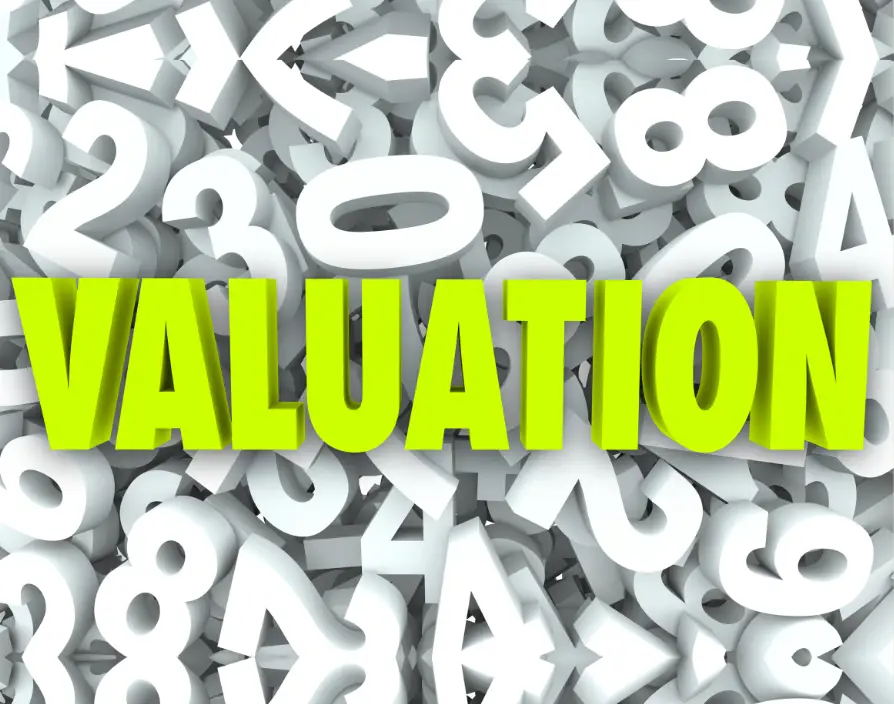Getting a proper valuation for your franchise can ensure the hard work you’ve dedicated to growing it pays off properly. Having a thorough understanding of your venture’s worth can also help you sort the genuine offers from the prospective ones.
On the flipside, if you’re thinking about investing, understanding why a franchise resale is valued the way it is can help come to the negotiation table with confidence.
So what methods are there for valuing a franchise, and how can you use them to your advantage? Let’s take a closer look.
What franchise valuation methods are there?
When it comes to valuing any business, there are three main methods you should be on the lookout for: Seller Discretionary Earnings (SDE), Discounted Cashflow (DCF) and EBITDA Multiple.
Seller’s discretionary earnings (SDE)
SDE valuation takes net income, then adds back the owner’s salary, any other discretionary expenses (non-essential business expenses), as well as depreciation and amortization costs. This method of valuation intends to give a complete picture of a business’ financial situation by accounting for all its cashflows and expenses. It is usually best suited for small to medium-sized businesses.
Discounted cashflow (DCF)
This method of valuation looks to the future, and aims to account for the ‘time value’ of money – the concept that money has more value in the present than in the future, because it can be invested. DCF valuation examines projected future cashflow over a period of time, then subtracts the weighted average cost of capital (WACC), which is the average percentage of its income which will be paid back to shareholders, or as equity/debt.
EBITDA multiple
A company’s EBITDA (earnings before interest, taxes, depreciation and amortization) is calculated by taking its net income, then adding back the amount that was subtracted for interest, taxes, debt and amortization. EBITDA aims to represent the ‘underlying’ profitability of a company before expenses. This figure is then divided by Enterprise Value, which is calculated as market capitalization + total debt – cash and cash equivalents.
How do I value my franchise?
If you have access to the necessary information, you can use these valuation formulas to calculate a franchise’s value for yourself.
An easier option, however, is to find an expert who is familiar with valuation. A business broker or accountant can give you a trusted opinion, but another option is to use a free, online valuation tool such as BusinessesForSale.com’s ValueRight. Tools such as this can provide a quick, accurate valuation with just a few key pieces of information about your franchise.








